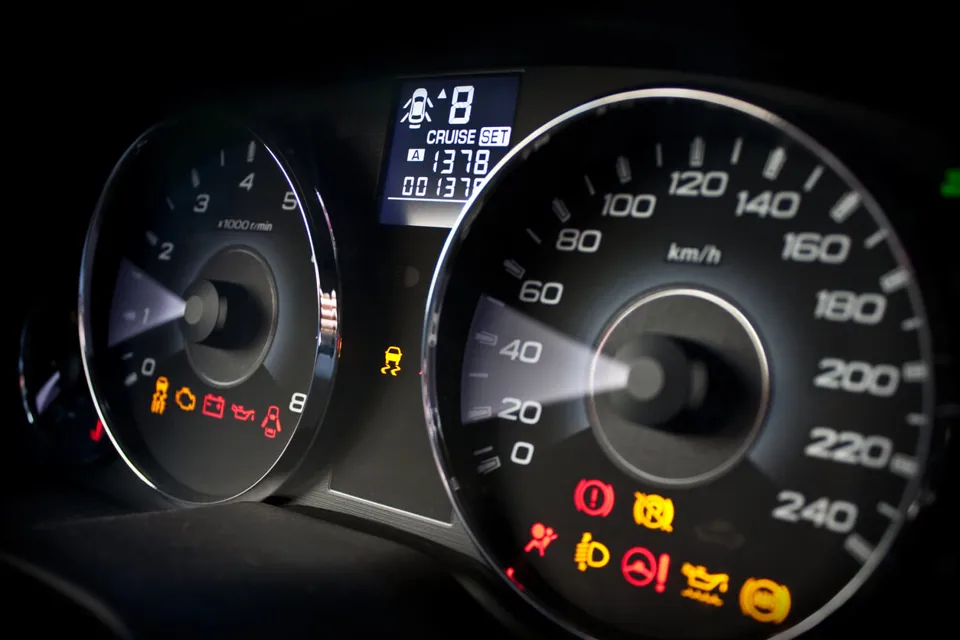Almost half of UK business drivers admit to submitting false mileage claims, a survey suggests.
The research conducted by TomTom Business Solutions found 46% of drivers have over-estimated their mileage when claiming expenses, with 35% doing so regularly.
Companies and their employees are required by law to keep accurate mileage records for Benefit in Kind tax compliance, but only 10% of respondents have been challenged by their employers over the accuracy of their claims.
“It is worrying that such a large proportion of UK business drivers are over-estimating mileage claims because it exposes their employers to serious financial consequences,” said Giles Margerison, director UK and Ireland for TomTom Business Solutions.
“HMRC has the power to impose significant fines on both drivers and companies found guilty of inaccurate records, so the onus is on businesses to ensure relevant checks are in place to guarantee accuracy.”
The research, conducted among company drivers not using an automated mileage recording system, revealed 70% of drivers find recording and submitting mileage a laborious process.
For half of those questioned the process takes at least two hours each month, with a further 20% spending between one and two hours.
Paper proved to be the most popular format for keeping mileage records (64%), while 18% of drivers submit records via their computer and a further 15% use a mobile device.
“Antiquated systems for recording mileage means a business employing 100 drivers, for example, could be losing in the region of 200 hours each month,” added Margerison.
“This lost productivity can have a major impact on a company’s ability to remain competitive in an increasingly challenging economic environment.
“Advanced fleet management technology helps to simplify the mileage registration process, allowing businesses to guarantee the accuracy of records and maximise efficiency.”
The research was conducted by TomTom among business drivers from operational and non-operational fleets in five countries across Europe.
Operational fleets were defined as vehicles used for the delivery of goods or services (predominantly LCVs) and non-operational fleets as vehicles used by management or sales representatives (predominantly company cars).
The research was conducted among 462 operational fleet employees and 481 non-operational fleet employees in total; 100 operational and 111 non-operational in the United Kingdom; 100 operational and 100 non-operational in Germany; 70 operational and 57 non-operational in the Netherlands; 92 operational and 113 non-operational in France; and 100 operational and 100 non-operational in Ireland.
In order to qualify for the research, respondents had to be a company employee driving a vehicle for business purposes at least three days a week, without access to a system which automates the process of recording and submitting mileage records.
The research was conducted at selected petrol and service stations in each country among a cross section of industries.
















Andy Titterton - 22/03/2013 15:15
I suspect that 80% of those claiming higher mileages than the actual figure are those who do not have a fuel allowance but are having to claim back their fuel costs at 15p/mile or similar. This figure of 15p per mile means that in many cases drivers are paying for a proportion of their business journey out of their own pockets since it isn't necessarily enough to cover the fuel cost......... In general terms, if fuel is £1.45/litre (£6.50/gallon) and a car does 40mpg, then the driver can only claim back £6.00 for every £6.50 spent. It is somewhat of a moral dilemma....